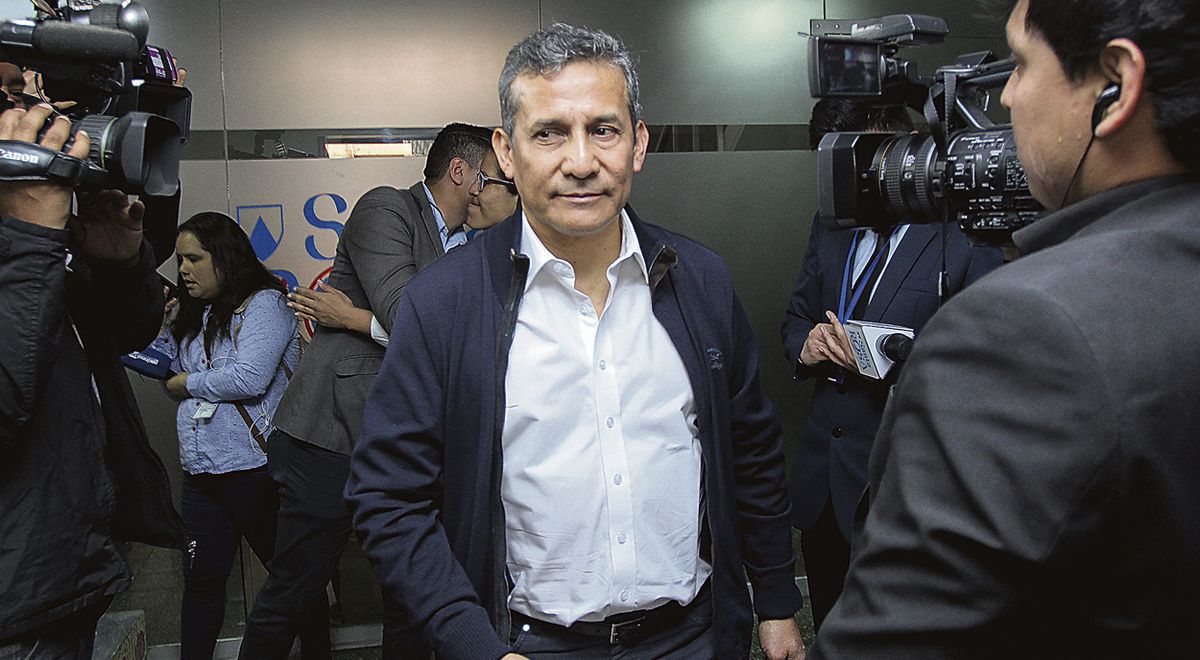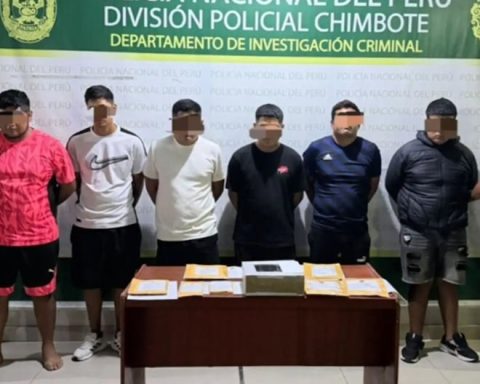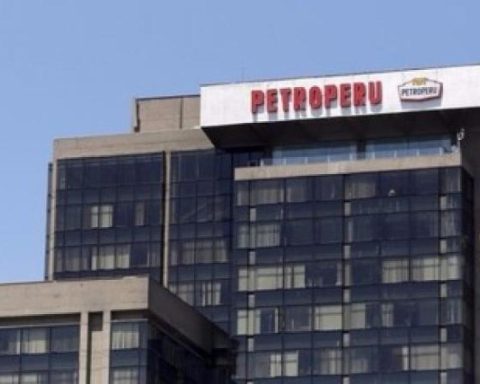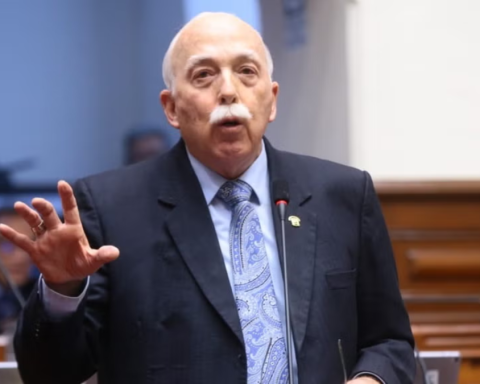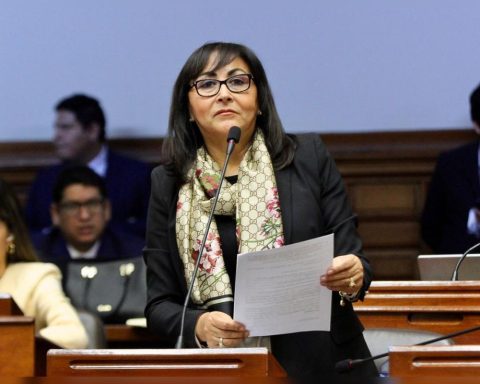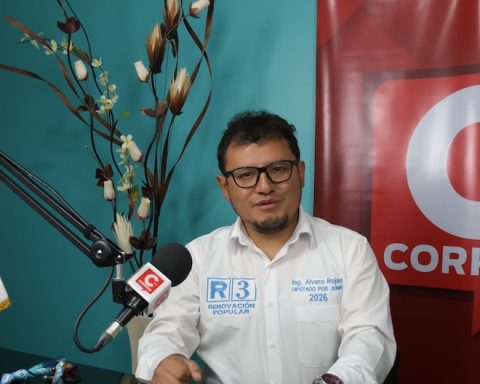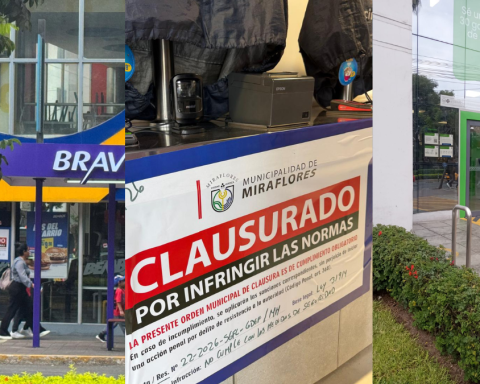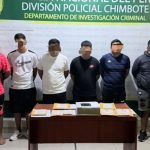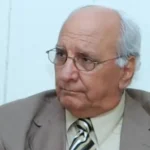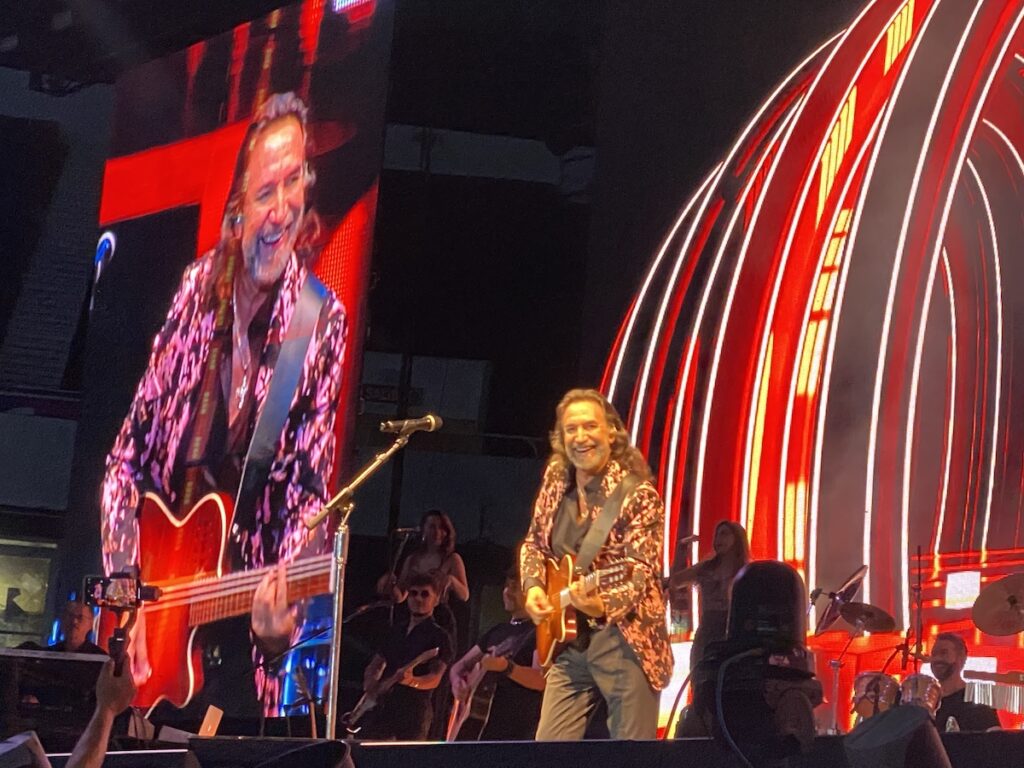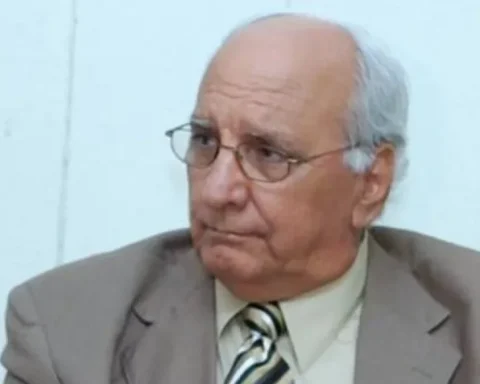In the case of former President Ollanta Humala and the Peruvian Nationalist Party, the Permanent Criminal Chamber of the Supreme Court scheduled for Wednesday, November 9, the public debate on whether irregular or clandestine contributions to electoral campaigns can be considered a crime of money laundering.
The definition of this issue is key to the advancement and continuity of trials for fraudulent electoral campaign contributions. Although on this occasion the case of contributions to the campaigns of former President Humala and the PNP will be seen, what the supreme judges decide will have an impact on other processes.
The defenses of Fuerza Popular, Keiko Fujimori and former president Pedro Pablo Kuczynski, among others, watch and wait with expectation what the Supreme Court has to say. All of them, like Humala, consider that the contributions do not constitute money laundering, since the alleged dirty money or of dubious origin is not cleaned, but is spent on the campaign.
For its part, the Prosecutor’s Office considers that money laundering occurs by hiding from voters and electoral bodies the origin of the funds used to finance the political campaign. Thus, on November 9, the supreme judges will listen to the Prosecutor’s Office, Attorney General’s Office and defense attorneys of former President Ollanta Humala, Nadine Heredia and the PNP to determine the correct position.
